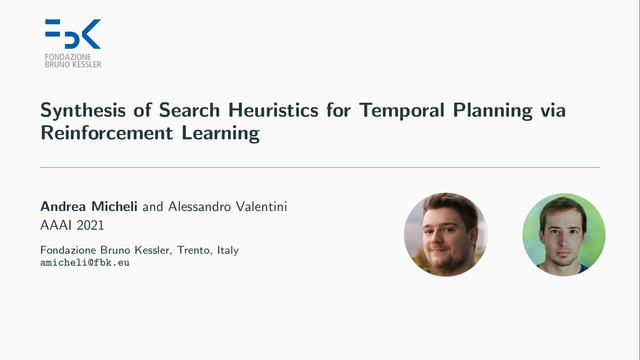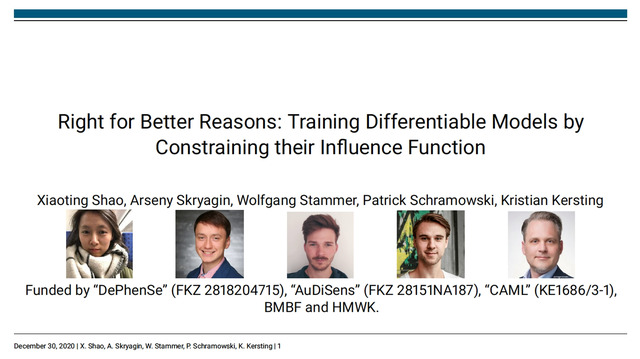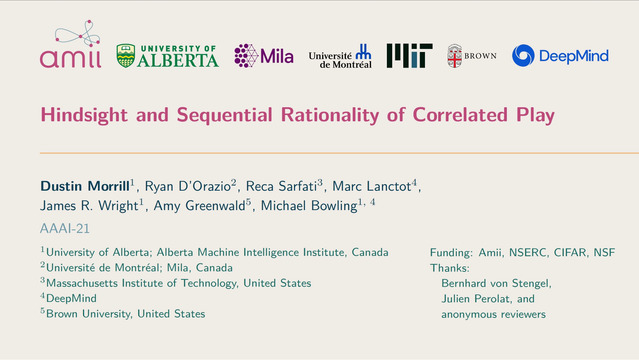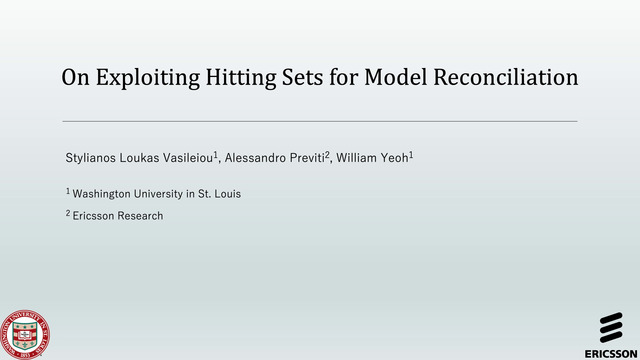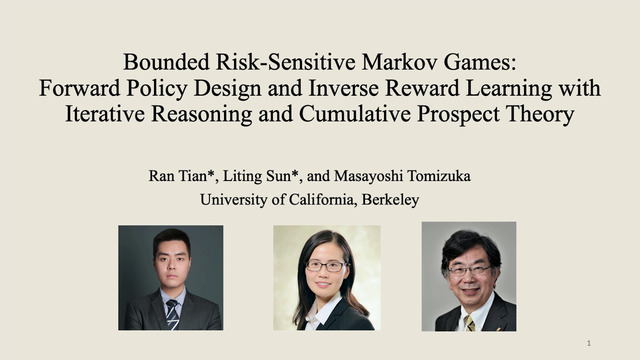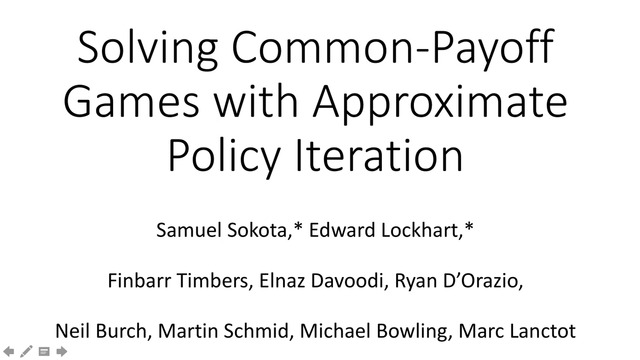Abstract:
Consequential decision-making incentivizes individuals to strategically adapt
their behavior to the specifics of the decision rule. While a long line of work has viewed strategic adaptation as gaming and sought to mitigate its effects, recent work instead seeks to design classifiers that incentivize individuals to improve a desired quality. Key to both accounts is a cost function that dictates which adaptations are rational to undertake. In this work, we develop a causal framework for strategic adaptation. Our causal perspective clearly distinguishes between gaming and improvement and reveals an important obstacle to incentive design. We prove any procedure for designing classifiers that incentivize improvement must inevitably solve a non-trivial causal inference problem. Moreover, we show a similar result holds for designing cost functions that satisfy the requirements of previous work. With the benefit of hindsight, our results show much of the prior work on strategic classification is causal modeling in disguise.









